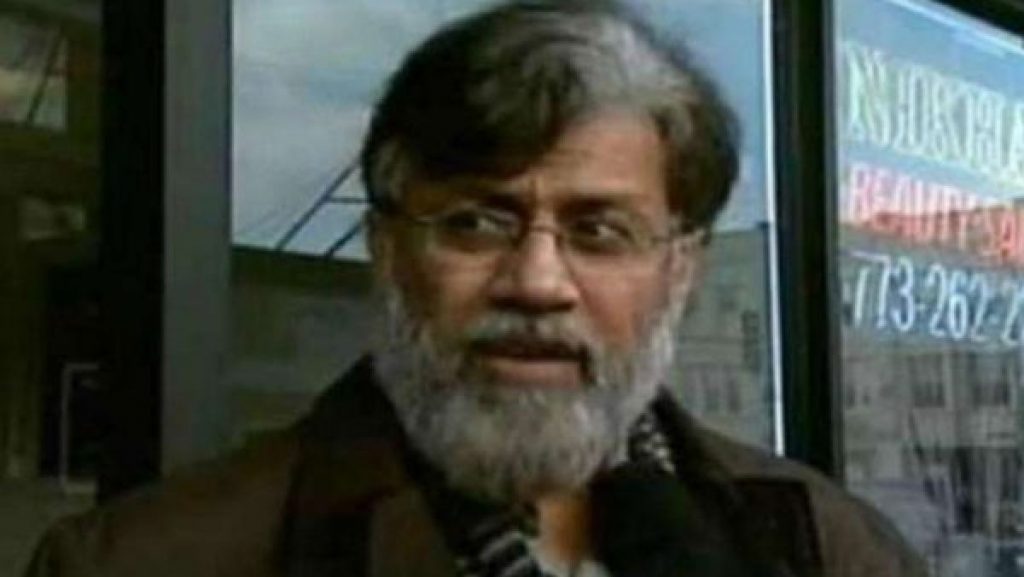New Delhi: The NIA is keeping itself in readiness to initiate proceedings in view of the possible extradition of 2008 Mumbai terror attacks accused Tahawwur Rana to India from the US by the next month, official sources said Monday.
Recently, a US court had dismissed a status conference motion moved by 62-year-old Rana, a Pakistani-origin Canadian businessman, stating that it anticipates a ruling on his extradition to India within 30 days.
The National Investigation Agency (NIA) is probing into his role in the 26/11 attacks carried out by Pakistani terrorists in 2008. He was arrested in the US on an extradition request by India for his role in these attacks.
Sources said if the extradition request is ruled in India’s favour, the NIA will initiate proceedings to bring him to India through diplomatic channels.
They said a final decision in this regard is expected by May 20.
In a motion moved through his lawyer in March, Rana asked for a status conference — a court-ordered meeting between the prosecution and the defence to discuss the case details and a plea bargain.
Judge Jacqueline Chooljian of the US District Court in the Central District of Los Angeles, California, held the last hearing on this issue in June 2021 and the last set of papers was filed in July that same year. The court is yet to give a verdict on the US government’s request to extradite Rana to India.
The last pleading in the case was filed July 21, 2021. Given the passage of time and Rana’s continued incarceration, it appears appropriate for the court and counsel to discuss the current status of the matter, his lawyer had said.
Rana’s counsel suggested that the status conference be held April 25. However, the court in an order April 17, dismissed the motion.
“To the extent the Motion requests that the Court update the parties as to the status of this matter, it is granted. The parties are advised that the Court anticipates issuing a ruling in this matter within thirty (30) days.
“To the extent the Motion requests that the Court hold a status conference, it is denied because it is the Court’s current view that such a proceeding is unnecessary and will not assist the Court in its resolution of this matter,” the court order said.
However, in the event there are new/additional developments that the parties believe should be brought to the Court’s attention before it rules, counsels are directed to confer and are granted leave to file a joint status report regarding the same within seven days, it added.
During the court hearings, federal prosecutors have argued that Rana was aware that his childhood friend David Coleman Headley was involved with Lashkar-e-Taiba and that by assisting Headley and affording him cover for his activities, he was supporting the terrorist organisation and its associates.
Rana knew of Headley’s meetings, what was discussed, and the planning of the attacks, including some of the targets.
The US government asserted that Rana was part of the conspiracy and there is probable cause that he committed the substantive crime of commissioning a terrorist act.
Rana’s attorney, on the other hand, opposed the extradition.
A total of 166 people, including six Americans, were killed in the 2008 Mumbai terror attacks in which 10 Pakistani terrorists laid a more than 60-hour siege, attacking and killing people at iconic and vital locations of Mumbai.
PTI
